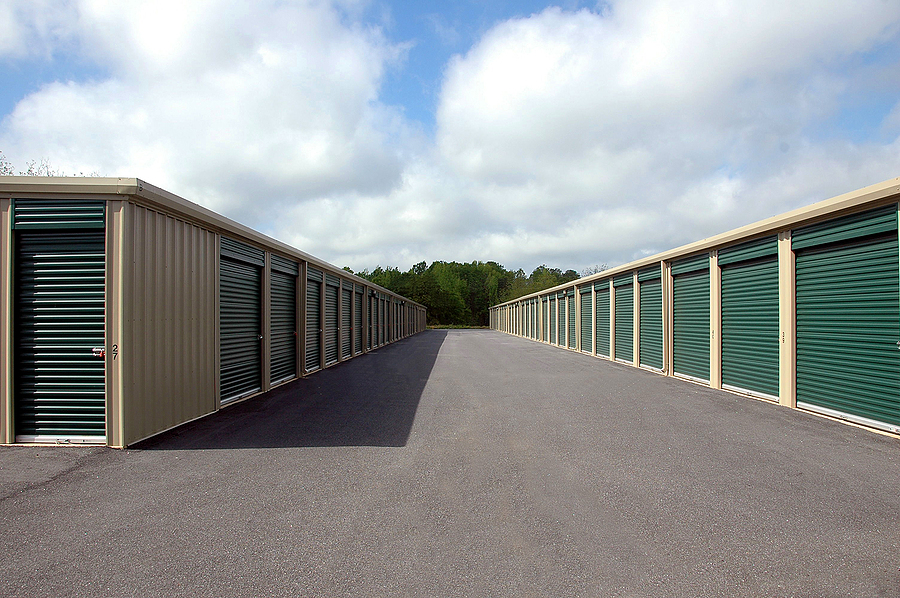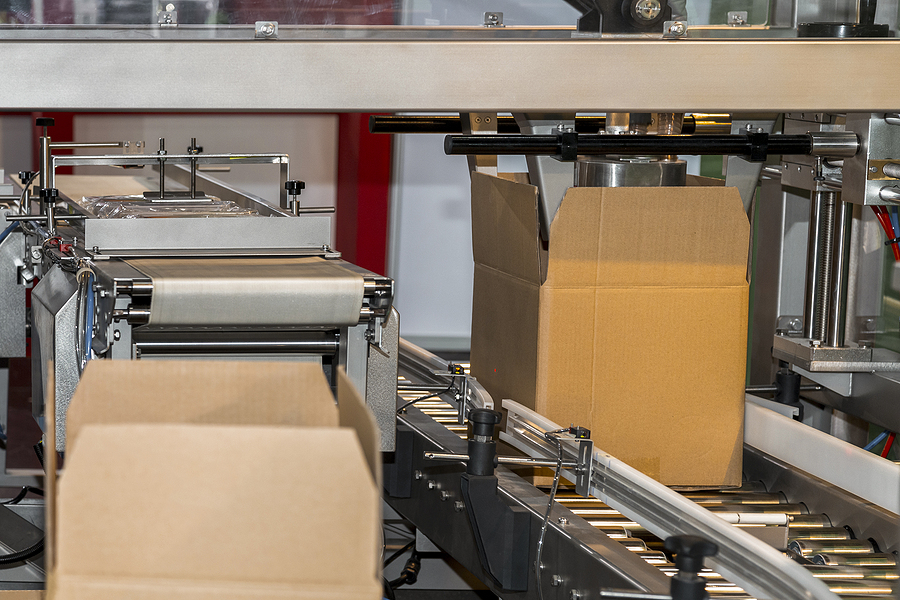Meta Title: Storing Entertainment Goods in Rental Units
Meta Description: This article outlined policies entertainment collectors or hobbyists must follow when storing electronics, instruments, weapons, valuables short-term including hazards, climate needs, inventory lists, insurance for risk mitigation.
Self storage offers flexible extra capacity housing various entertainment essentials when space lacking at home. Properly enclosing flat screen TVs, gaming consoles, stereo systems, DVD collections in protective boxes typically poses no issue for landlords upon rental sign-up. For instance, Andre safely stored his signed vinyl record set and studio speakers after recently downsizing apartments nearby. With watchful packing using appropriate carting equipment, even delicate possessions get stowed undamaged on open shelves or existing furniture.
Prohibited Hazardous Materials Cannot Stay On-Site
Table of Contents
When assessing storing entertainment and hobby equipment, facility managers rightfully prohibit highly flammable, toxic, or reactive supplies threatening safety on the premises. For example, while secure car storage allows properly draining gas tanks, pooling extra containment fuels still poses unacceptable fire risks without special ventilation per OSHA.
“We also restrict corrosive chemicals damaging building infrastructure over time,” confirms head supervisor Nina Simone.
Transporting dangerous compounds introduces unnecessary community dangers. While permitting safe battery powered electronics, banned inventory warranting hazmat handling gets refused or redirected to specialized warehouses designed mitigating those specific risks.
Itemized Inventory Lists Aid Managing Stored Goods
Since storage spaces stay locked, facility managers rely on customer transparency when stocking units.
Submit detailed owned inventory lists noting entertainment goods for monitoring reasons – especially electronics requiring insurance like:
- Musical instruments
- Gaming computers
- Collectible card sets
- Signed memorabilia
- AV equipment
Disclosure builds trust that Occupancy Agreement terms get followed safeguarding all patrons according to the Federal Trade Commission.
Note: When verifying contents, staff may request non-invasive visual inspections periodically ensuring policy compliance.
Temperature/Humidity Control Preserves Vulnerable Possessions
Unlike home spaces having fluctuating conditions throughout the year, self storage offers stable managed environments with climate monitoring protecting valuables more safely.
As insurance appraiser Alicia Keys advises, “I recommend clients invest in properly storing delicate wood, vintage electronics, musical instruments, and framed artworks renting conditioned spaces.”
Exposing fragile items to severe temperature/moisture swings risks gradual damage over time. When moving in pieces, carefully transport wrapped in moving blankets and thick bubble packaging keeping original manufacturer boxes. Use furniture pads on sharp edges preventing nicks during loading/unloading. Place delicate inventory centrally located away from exterior walls and elevate using pallets minimizing flooding risks if minor leaks ever occur after turbulent weather.
Proper Firearm Storage Protocols Required
When temporarily relocating weapon collections, strict state laws require renters:
- Inform facility managers upfront noting items owned and serial numbers according to the Bureau of Alcohol, Tobacco, Firearms and Explosives.
- Transport unloaded, engaging safety locks, inside protective, tamper-resistant cases.
- Provide legally compliant documentation like gun permits upon facility inspection requests.
- Purchase extra insurance covering potential damage, thefts, or liability incidents.
By disclosing and securing firearms using approved handling procedures, certified self storage offers short-term havens without homeowners violating household safety best practices.
Extra Insurance Recommended for Costly Possessions
When storing prized collections worth thousands accumulated over decades, considering extra specialty insurance delivers peace of mind like smart homeowners invest in real estate. Standard rental contracts only cover basic losses up to $2,000 – $5,000. Purchasing high-value inventory riders after professional appraisals ensures receiving sufficient payouts if catastrophe strikes according to itemized asset values.
“We had a plumbing incident last year damaging a rare comic book set rented here,” admits Tina Turner, manager. “Because the owner wisely added insurance during move-in, his reimbursement covered replacing the sentimental collection in full.”
Avoiding underinsurance provides protection if circumstances beyond control impact irreplaceable entertainment and hobby assets.
Stat Box: The average renter insurance claim for storage units is $3,700 according to the Insurance Information Institute, usually from water damage, theft, or vandalism incidents.
Understand All Regulations Before Move-In
When considering storing entertainment collections or equipment short-term, review all facility policies regarding banned hazardous items, climate-control options, inspection rights, and insurance requirements. Disclosing possessions upfront ensures adequate protections get decided proactively.
Image Source: BigStockPhoto.com (Licensed)
Related Categories: Safety, Reviews








